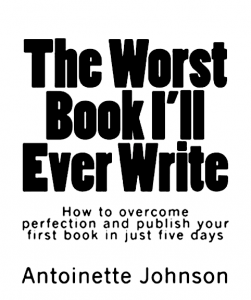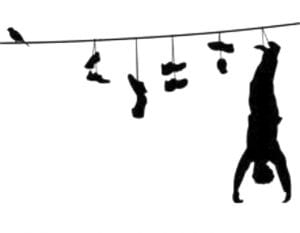Here’s a couple of openers from well-known thriller writers;
“Sam Harrison swung his agile body out of the silver blue Ford Aerostar, which he had parked ono Q Street in the Georgetown section of Washington.” [Jack and Jill by James Patterson]
“Duke Russell is not guilty of the unspeakable crimes for which he was convicted; nonetheless, he is scheduled to be executed for them in one hour and forty-four minutes.” [The Guardians by John Grisham]
Only two examples, but both start with the name of the main character/protagonist and both give a sense of place – Washington for Patterson and a prison(?) for Grisham. I prefer the urgency and mystery given in John Grisham’s opener, for two reasons; first, there are ‘unspeakable crimes’ which ups my interest; second, time is running out. A third reason could be that we owned a Ford wagon a while back and we were not that thrilled with it (LOL).
In my new novel I hope the opening line grabs the reader’s interest by suggesting tension, introducing a female character and creating a need to find out who is being followed and why. It reads;
“You are being followed,” she whispers.
I love this comment by Dawn Schaefer on the opening lines of Tinker, Tailor, Soldier, Spy by John le Carré; “There is the sense of having been dropped into the middle of a conversation, and a gossipy one at that...” And what, you will no doubt ask, are these lines?
“The truth is, if old Major Dover hadn’t dropped dead at Taunton races Jim would never have come to Thursgood’s at all.”
Now that we are on about Carré, here is my favorite opener (from Call for the Dead);
“When Lady Ann Sercomb married George Smiley towards the end of the war she described him to her astonished Mayfair friends as breathtakingly ordinary.”



 You can’t escape the need to research your book genre and do it well. Research involves reading classic and current novels in your chosen genre. For my latest book, I read every book I could find on the main topic, plus movies and online interviews, etc. Why? Each source gave me insight and information that I sifted to authenticate my plot. For thrillers in real locations, visiting in person is hands-down the best approach. If you can’t visit, then at least search photos of the area(s). I even use Google Street to get ideas and, with so many travel docs available, these help too. With handfuls of information you can add authentic details that help readers immerse themselves in the writing, especially if they have visited the place too. I have made great use of small details—the color of tablecloths at a restaurant, the plants that grow along a boulevard, etc. Here is one such detail from my new book;
You can’t escape the need to research your book genre and do it well. Research involves reading classic and current novels in your chosen genre. For my latest book, I read every book I could find on the main topic, plus movies and online interviews, etc. Why? Each source gave me insight and information that I sifted to authenticate my plot. For thrillers in real locations, visiting in person is hands-down the best approach. If you can’t visit, then at least search photos of the area(s). I even use Google Street to get ideas and, with so many travel docs available, these help too. With handfuls of information you can add authentic details that help readers immerse themselves in the writing, especially if they have visited the place too. I have made great use of small details—the color of tablecloths at a restaurant, the plants that grow along a boulevard, etc. Here is one such detail from my new book; Don’t you love this book title? I remember reading somewhere that an author’s first book is ‘always their worst’. I loathed that thought and was determined to disprove it. Yet, the final draft of my first book was so rough that I had to completely re-edit and improve it.
Don’t you love this book title? I remember reading somewhere that an author’s first book is ‘always their worst’. I loathed that thought and was determined to disprove it. Yet, the final draft of my first book was so rough that I had to completely re-edit and improve it. Motive is the glue that holds a thriller together, and keeps the plot racing to its conclusion.
Motive is the glue that holds a thriller together, and keeps the plot racing to its conclusion. The famous thriller writer, John le Carre wrote, “I think bankers will always get away with whatever they can get away with.” In my new novel, the theme of corrupt (oops, perhaps devious) banks and bankers is one that propels the plot along. It gives motive as well as substance for the unfolding events that cause a group of cunning heisters to plan on diverting huge sums of money away from the banks.
The famous thriller writer, John le Carre wrote, “I think bankers will always get away with whatever they can get away with.” In my new novel, the theme of corrupt (oops, perhaps devious) banks and bankers is one that propels the plot along. It gives motive as well as substance for the unfolding events that cause a group of cunning heisters to plan on diverting huge sums of money away from the banks. Feedback just in from someone in Italy who read
Feedback just in from someone in Italy who read